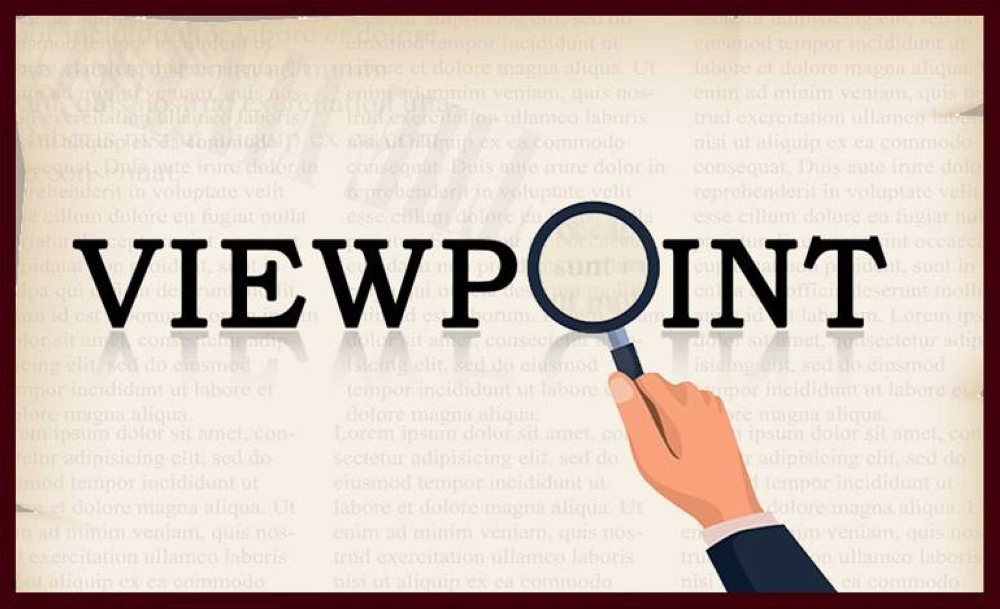The killing of a teenager by a police officer this week has revived long-standing questions about the state of the French police and the inability of consecutive governments to reform an institution bound by powerful unions.
In a country beset by regular bouts of unrest that often draw calls for a crackdown on trouble-makers, it can be hard to criticise a force that is under strain and losing staff.
But experts say the authorities can no longer turn a blind eye to accusations by rights groups of rampant racism with the force, racial profiling, and questions about recruitment, training and police doctrine.
“What remains constant is a refusal by political powers to act on one of the factors of this explosive cocktail: the police,” historian Cedric Mas said on Twitter.
“Riots in the US and Britain in the ‘60s and ‘80s have led to deep reforms of the police. In France? Nothing for the past 40 years,” he said.
Many western governments, from Britain in 2011 to the US with the Black Lives Matter movement born in 2013, have had to deal with race riots against police over the past decades. But officially colour-blind France has long refused to acknowledge any racial factor was at play.
Although France has introduced about 30 pieces of legislation on law and order in the past two decades, none have included an overhaul of police forces since a 1995 reform that gave broad co-management powers to unions, said Olivier Cahn, a law professor at Cergy University.
“From that point on, unions were involved in everything that’s co-managed, including the managing of human resources,” he told Reuters. “The concrete result in following years was unions doing deals with different interior ministers.”
These broad powers, which ensure the loyalty of police officers on the ground who owe their career advancement to the union they have joined, have given union leaders outsized influence over government ministers.
“The main fear is to lose control of the police forces,” Cahn said.
Government ministers that have tried to reform the police and to give more independence to its watchdog have done so at their peril.
In June 2020, Macron’s former interior minister Christophe Castaner, who hailed from the Socialists, detailed plans to reform the police. These included a ban of the controversial use of chokeholds during arrests, reform of the IGPN police watchdog, as well as a zero-tolerance policy for racism in the police.
After an outcry from police unions, he was replaced by the tough-talking Gerald Darmanin, a former conservative, in a reshuffle a month later.
“Either you support the police or you run into trouble,” said Franck Louvrier, a former communications adviser to ex-President Nicolas Sarkozy when he was interior minister.
“The interior ministry is all about the human factor, the feelings you have for them, because police officers are under attack every day.”
A proposal by Darmanin to reform the police’s investigative branch angered the police this year, prompting several strikes at an uncomfortable time for the government just as the general public demonstrated against changes to pension rules.
At the heart of the riots convulsing the racially mixed, working-class neighbourhoods around French cities are long-standing accusations by rights group of systemic racism in the police.
Opinion
French police are under scrutiny after teenager shooting
Experts say the authorities can no longer turn a blind eye to accusations of rampant racism

